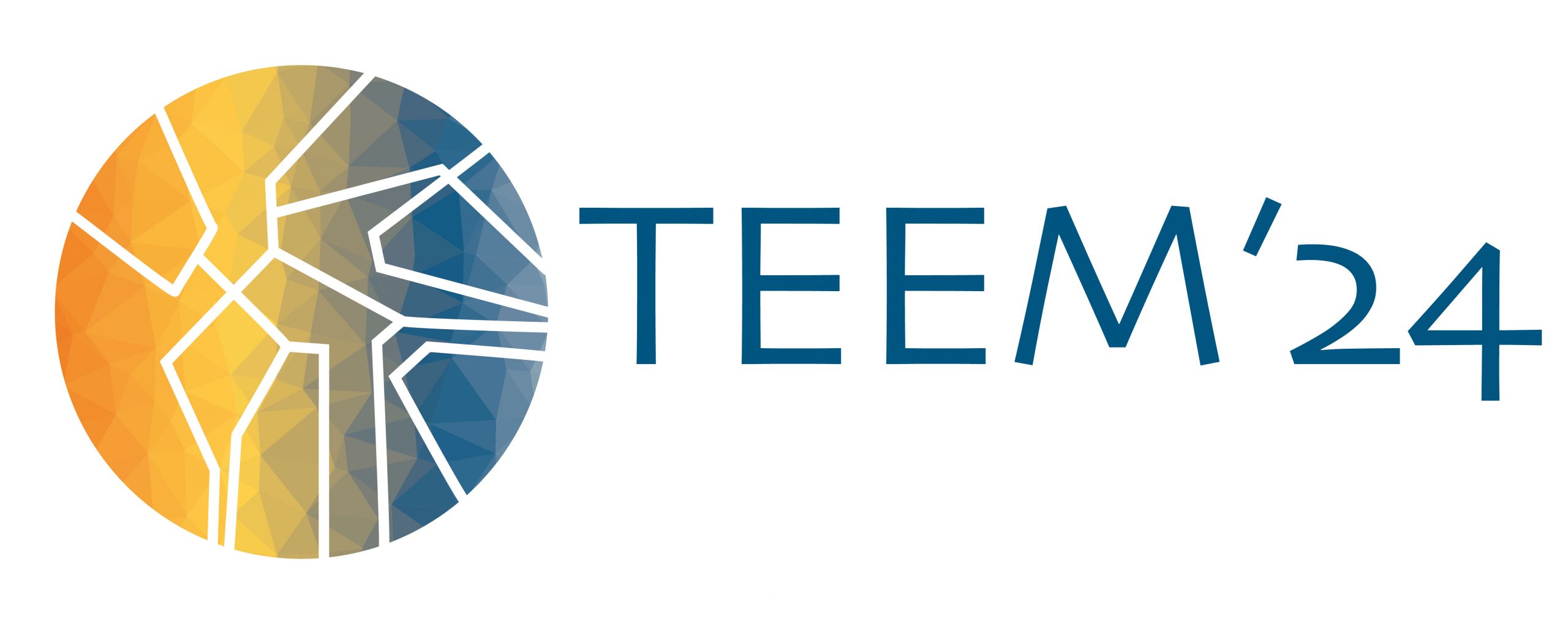Track 3. Integration of Next-Generation Technologies in Health Sciences: a Multicultural Approach
In recent decades, the development and advancement of technologies in health areas are having an impact both on the training of university students and on the daily clinical practice itself. For this reason, new technological developments in the area of health sciences are recommended that have an impact on improving teaching and clinical diagnosis. The various technological components (hardware, software, platforms, protocols, etc.) are proving to be very effective in teaching, since they allow the creation of realistic learning environments to acquire experiences and skills that will be used in clinical practice, thus increasing the safety of the patients. The objective of this track is to collect the latest technological advances in the field of health sciences that facilitate the teaching-learning process and daily clinical practice. Therefore, this track aims to be an excellent opportunity to promote and share innovative experiences in both health science education and daily clinical practice.
Topics
- Technologies in Medical Training
- Learning and Teaching Methodologies
- Academic Research Projects
- Research Methodologies
- Links between Education and Research
- New projects and Innovations
- Mobile Learning
- Online/Virtual Laboratories
- Virtual Universities
- Mobile/Wireless Technologies (PDA, SmartPhones, etc)
- Educational Multimedia and Hypermedia
- Technology-Enhanced Learning
- Advanced Classroom Technology
- Web Classroom Applications
- Computer Software in Education
- Learning Tools
- Educational Software Experiences
- Videos for Learning (YouTube Generation)
- Technologies and Software in Health Sciences
- Medical Engineering
- Robotics in Healthcare (Surgical, social, etc.)
- Clinical and Surgical Simulators and Virtual Reality Environments
- 3D Vision Environments of Radiological Medical Images
- Software for Biomedical Imaging Processing
- 3D Printing in Medicine
- Stereoscopic Vision
- Augmented Reality
- 360 Vision Clinical Imaging Systems
- Clinical Simulation Techniques
- Finite Element Analysis and Simulation in Biomedicine
- Animation and 3D Systems
- Orthopedic and Biomedical Product Design
- Industrial Design and Ergonomics
- Artificial Intelligence in Medicine
Track Scientific Committee
Alberto Prats Galino, Universitat de Barcelona, Spain
Alessandro Ruggiero, Università degli Studi di Salerno, Italy
Anna Puigdellívol-Sánchez, Universitat de Barcelona, Spain
Carlos Alberola López, Universidad de Valladolid, Spain
Enrique Soriano Heras, Universidad Carlos III, Spain
Federico Simmross Wattenberg, Universidad de Valladolid, Spain
Fermín Viejo Tirado, Universidad Complutense de Madrid, Spain
Fernando Blaya Haro, Universidad Politécnica de Madrid, Spain
Ferrán Prados Carrasco, Centre for Medical Image Computing, United Kingdom
Francisco Pastor Vázquez, Universidad de Valladolid, Spain
Guadalupe Soria Rodríguez, Universitat de Barcelona, Spain
Higinio Rubio Alonso, Universidad Carlos III, Spain
Joan San Molina, Universitat de Girona, Spain
Jorge Cerqueiro Pequeño, Universidade de Vigo, Spain
Juan David Cano Moreno, Universidad Politécnica de Madrid, Spain
Kheng Lee Koay, University of Hertfordshire, United Kingdom
Luis Tomás Gallego Morales, Universidad Autónoma de Madrid, Spain
María José Rodríguez Conde, Universidad de Salamanca, Spain
Matteo de Notaris, San Pio Hospital, Italy
Miguel Castelo Branco Sousa, Universidade da Beira Interior, Portugal
Pablo Ruisoto Palomera, Universidad de Navarra, Spain
Petr Valášek, Czech University of Life Sciences, Czech Republic
Piedade Barros, Instituto Politécnico do Porto, Portugal
Rodrigo de Luis García, Universidad de Valladolid, Spain



